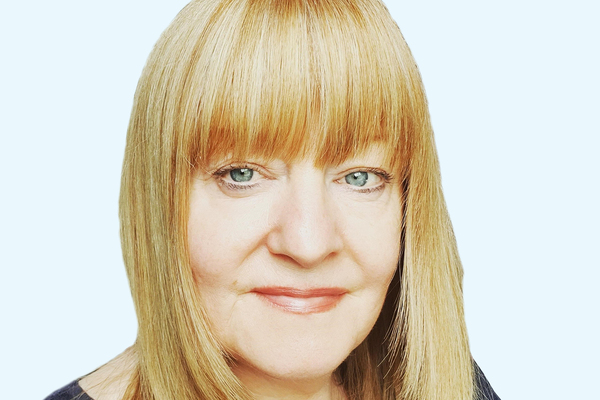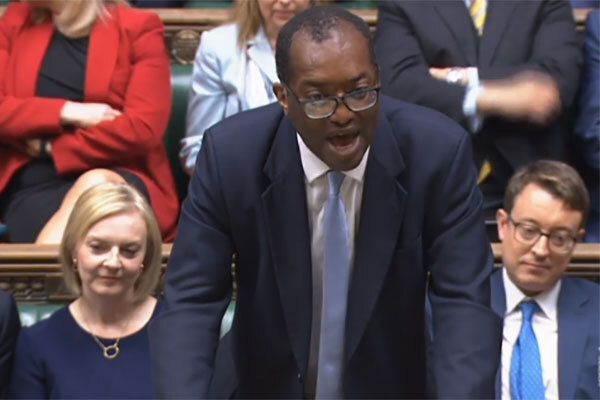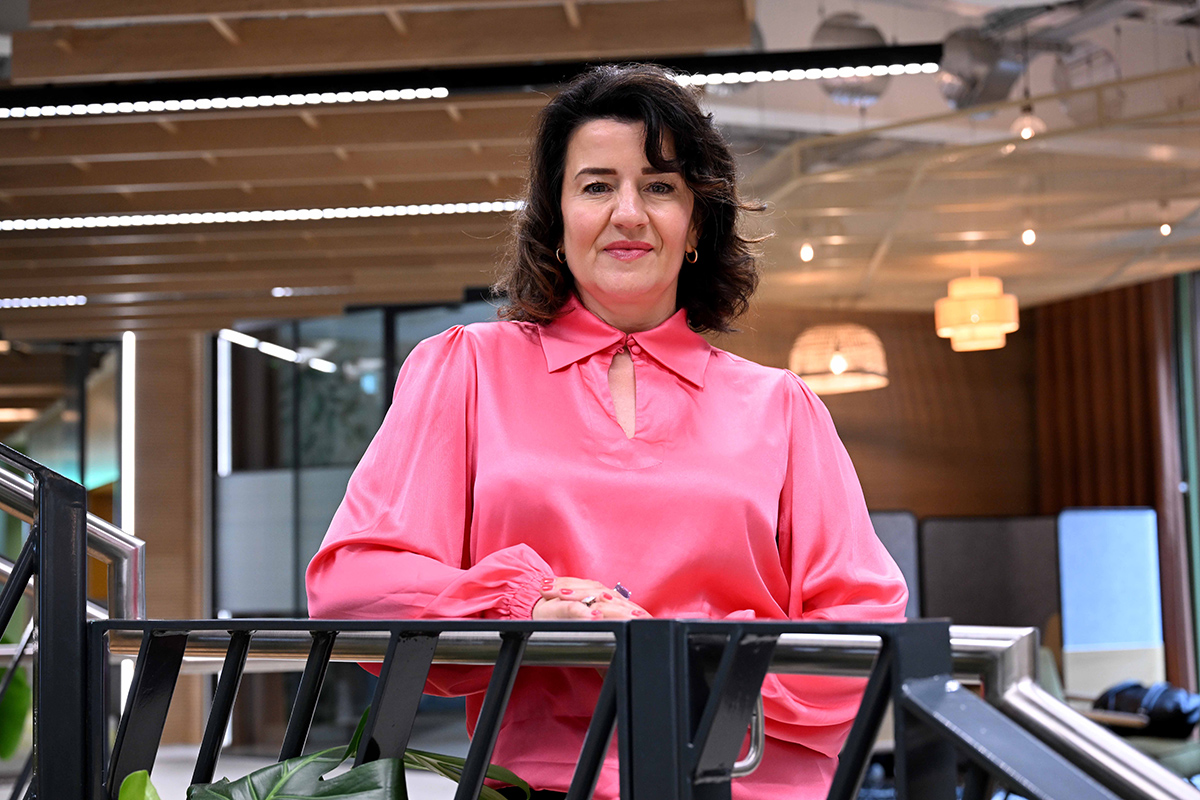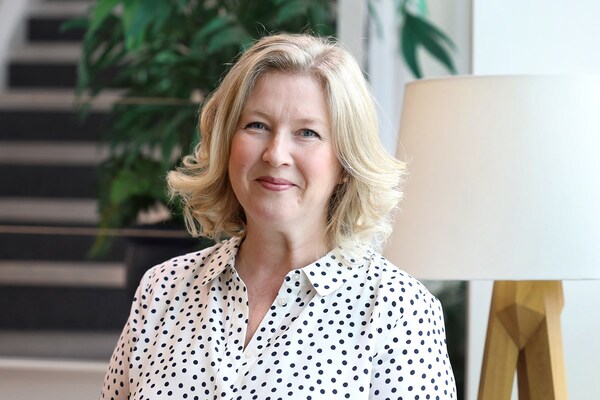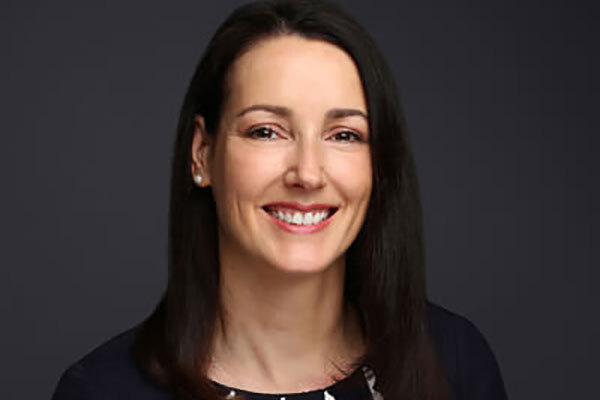You are viewing 1 of your 1 free articles

John Glenton is executive director of care and support at Riverside
With a 15-month recession on the cards, the government’s rough sleeping plan will need adjusting
The Bank of England has predicted a 15-month recession. John Glenton says this means that more action is required from the government on rough sleeping and homelessness
The government does listen. Its new rough sleeping strategy, called Ending Rough Sleeping for Good, shows that Whitehall and Westminster have listened and responded to feedback from experts in the homelessness sector.
The strategy provides a £2bn spending commitment over the next three years, which will offset some of the 11,000 bed spaces that have been lost in the homelessness sector since 2010.
“The Bank of England’s forecast for a 15-month recession running from autumn 2022 to the end of 2023 means increasing numbers of people will be affected by homelessness”
If economic conditions were favourable, me and my colleagues would feel solid ground work is now being laid to significantly reduce rough sleeping by the end of 2024.
The Bank of England’s forecast for a 15-month recession running from autumn 2022 to the end of 2023, however, means increasing numbers of people will be affected by homelessness.
So, will this strategy give us the approach and funding we need to cope?
Prevention
We really welcome prevention being at the heart of the new strategy. It’s something that Riverside has long been advocating and highlighted in our A Traumatised System research report, which we did with the University of York, on a decade of trends in commissioning homelessness services.
Over the past two years, we’ve been calling for the government, local authorities and service providers to work much closer together to tackle homelessness prevention and rough sleeping, which the new strategy proposes is dealt with by NHS England through its 42 new local integrated care systems (ICSs).
As the country’s largest provider of homelessness services, we have called for the Renters’ Reform Bill to deliver more longer-term tenancies, which would allow people to become rooted within a community, develop a sense of belonging and have the stability required to thrive and make positive change in their lives.
“We need a viable route off the streets for every person who finds themselves sleeping on them. This means a range of accommodation-led options, including Housing First for those who need it”
However, while rental reform needs to be enacted quickly, it needs to be managed carefully to ensure that it doesn’t create or prolong homelessness for people.
By implementing these reforms, while mindful of the unintended consequences that may arise, this strategy will help people to live with more housing security, help prevent first-time homelessness, and prevent the revolving door of homelessness from arising after someone moves on from supported housing.
The social housing sector has a key role to play in providing housing security, so the £11.5bn investment for the Affordable Homes Programme is an equally important step forwards for preventing homelessness.
Money spent on housing is an investment, not a cost, and will help to reduce the £1.36bn that Britain spends on temporary accommodation a year, including the £188.3m that English councils spent of their own money placing homeless households in BnBs in 2020-21.
Recovery
Our A Traumatised System research highlighted the problems that short, ‘itty-bitty’ funding pots cause for councils, service providers and our customers. The three-year funding allocation announced for Rough Sleeping Initiative will help with longer-term planning.
Something else the report highlighted is the need for a range of both Housing First and housing-led responses if we are to end rough sleeping. Housing First cannot entirely replace more traditional forms of supported housing, some of which are already very successful and cost effective.
“Many people experiencing homelessness have been marginalised and written off by society. Acknowledging the value of their experience and views is vitally important”
In Riverside’s case, more than four-fifths of people (83%) moved on from homelessness in 2021-22 after staying in hostels and shelters for a maximum of 24 months.
We need a viable route off the streets for every person who finds themselves sleeping on them. This means a range of accommodation-led options, including Housing First for those who need it.
Let’s learn from the success of Housing First and use the lessons to further improve more traditional supported housing and provide high-fidelity Housing First for the minority of people who would still struggle to succeed without it.
Joined up systems
It is extremely edifying that there is a recognition of the role that the voice of lived experience needs to play in ending rough sleeping.
At Riverside, we see on a daily basis the significant impact real co-production and customer involvement can have. We recognise our customers have valuable insight into our services and we need to capitalise on this intelligence to raise the quality of services.
Many people experiencing homelessness have been marginalised and written off by society. Acknowledging the value of their experiences and views is vitally important, so we’re delighted the government is creating a new advisory panel comprised of people with lived experience.
While the strategy is sound, will the £2bn commitment over the next three years be enough?
Data tells us there were 40,000 mortgage repossessions in the 2008 – the first year of the so-called Great Recession – a 54% increase on the previous 12 months.
It is highly likely that more funding will be needed to navigate the looming recession, but the amount needed will be heavily dependent on how effective the new prime minister’s package is in tackling the cost of living crisis.
Going forward, it is critical that Liz Truss focuses on the growing cost of living crisis to prevent an upsurge in people experiencing homelessness for the first time.
John Glenton, executive director for care and support, Riverside
Sign up for our homelessness bulletin
Already have an account? Click here to manage your newsletters

